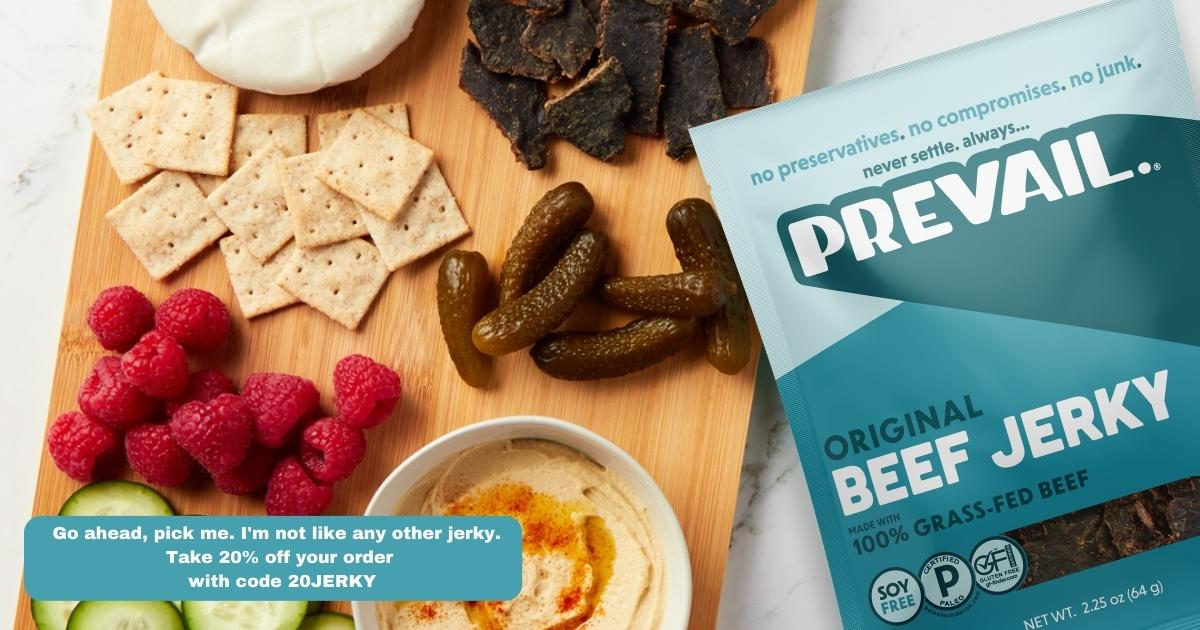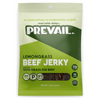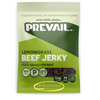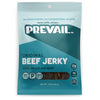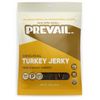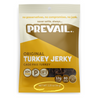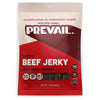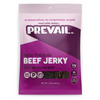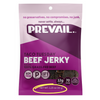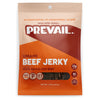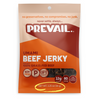Preservatives Uncovered: Why They Are Bad For You

Preservatives are common ingredients in our food and beauty products. They are added to extend their shelf life and prevent spoilage. However, not all preservatives are considered safe for consumption or application. Most preservatives contain harmful chemicals, such as artificial flavors, colors, and sweeteners, which can wreak havoc on your health in the long run. In this blog post, we will dive deeper into the world of preservatives, what they are, and why they are bad for you.
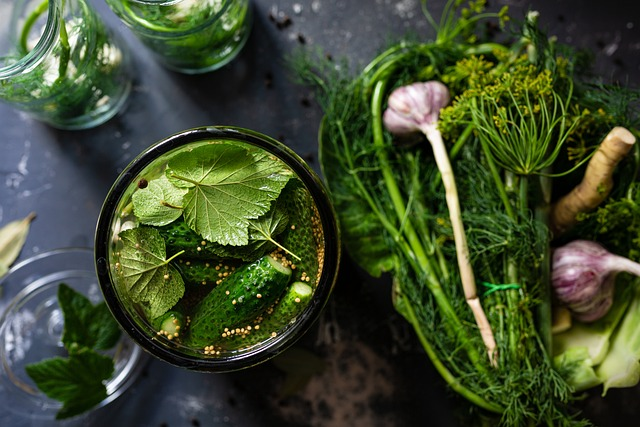
What are Preservatives?
Preservatives are chemical or natural additives that prolong the shelf life of products and prevent microbial growth. They come in different forms, such as antioxidant preservatives, antimicrobial preservatives, and emulsifier preservatives. Common food preservatives include sodium benzoate, potassium sorbate, sulfites, and nitrites.
Why are Preservatives Used?
In today's fast-paced world, food preservation is a large part of food production. Preservatives are used to increase the shelf life of foods, reduce food waste and keep the foods fresh for a longer time. Food safety is the primary reason why preservatives are used in food packaging, but adding a harmful substance in chemical preservation is actually much worse for you.
Preservatives supposedly help to eliminate harmful bacteria, microorganisms and fungi that can cause food to spoil, leading to the growth of dangerous bacteria and toxins. But food additives are not needed in our food systems. If you're going to preserve foods, it's best to use only naturally sourced preservatives.
Why Are Preservatives Bad for You?
While preservatives are meant to protect you from harmful bacteria and prolong the shelf life of products, most of them come with certain health risks. Preservatives such as parabens, phthalates, and formaldehyde have been associated with hormonal imbalances, skin irritation, organ damage, and even cancer.
Artificial colors and flavors are also harmful to your health, as they can trigger allergic reactions, hyperactivity, and digestive issues.Therefore, avoiding preservatives in your food and beauty products is a wise choice that can significantly improve your health.
Natural Preservatives
If you want to avoid harmful preservatives, there are natural preservatives available that you can opt for. Natural preservatives include vitamin E, grapefruit seed extract, rosemary extract, and honey.
These natural preservatives not only prevent microbial growth in products but also offer additional health benefits, such as anti-inflammatory and antioxidant properties. They are safe to use and have no adverse effects on your health.
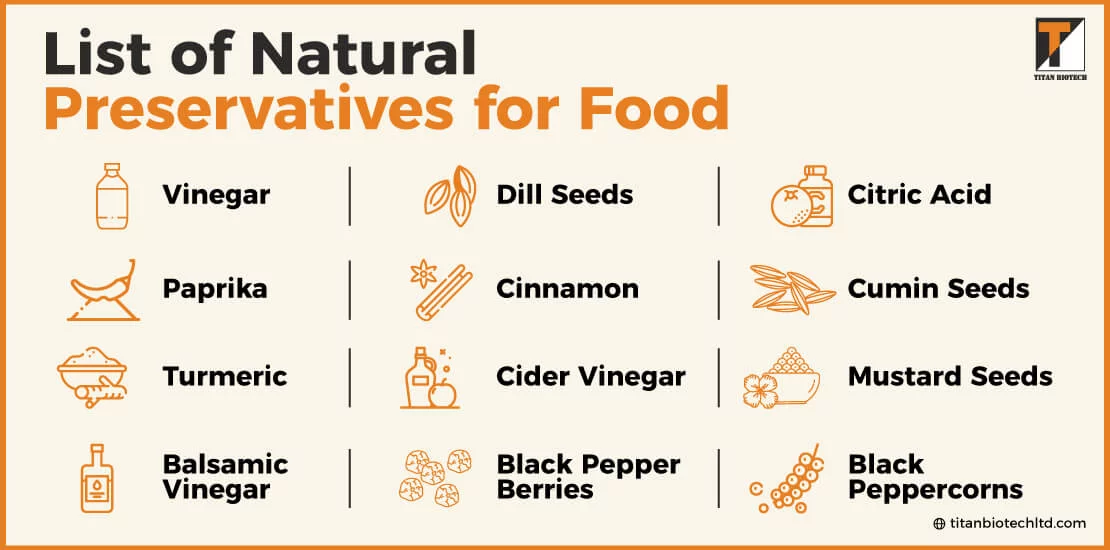
Tips for Avoiding Preservatives in Your Daily Life
Avoiding preservatives may seem like a daunting task, but with a few lifestyle changes, it’s entirely doable. Start by reading the labels of your food and beauty products and choose products that contain natural preservatives or none at all.
Opt for fresh, whole foods and cook your meals from scratch, as most processed foods contain preservatives. Additionally, try making your skincare products at home using natural preservatives, or buy from natural beauty brands that avoid harmful chemical ingredients.
Understanding the Different Types of Chemical Preservatives
Preservatives are food additives to prolong its shelf life and prevent the growth of harmful bacteria. While this may seem like a good thing, have you ever stopped to think about what these preservatives are doing to your body? The truth is, many of these chemicals can have negative effects on our health, from allergic reactions to even causing cancer.
Sodium Nitrate and Nitrite
Sodium nitrite is commonly used in cured meats, like bacon and hot dogs. It is known to cause cancer and can also trigger allergic reactions in some people. While sodium nitrate is often used for the same purpose, it can convert to sodium nitrite in the body, making it just as dangerous. In addition, the consumption of these additives has been linked to an increased risk of heart disease.
BHA and BHT
Butylated hydroxyanisole (BHA) and butylated hydroxytoluene (BHT) are typically added to processed foods and snack items to prevent them from going rancid. Both of these additives have been linked to cancer and other health concerns, including hormonal and reproductive issues, organ toxicity, and developmental problems in children.
Propionic Acid
This preservative is often found in baked goods like bread and pastries. It has been linked to migraines, digestive issues, and can be especially harmful to those who suffer from asthma. While the FDA has deemed it safe for consumption, it is always best to limit your exposure to this additive.
Sodium Benzoate
Sodium benzoate is a common preservative used in soft drinks and other acidic foods. It has been linked to hyperactivity in children, asthma, and skin issues. When combined with ascorbic acid (vitamin C), it can also produce benzene, a carcinogenic compound.
Potassium Sorbate
This preservative is typically added to dairy and meat products to prevent spoilage. While it has been deemed safe for consumption at low levels, high doses have been known to cause nausea, vomiting, and diarrhea. Additionally, some research has suggested that it may have negative effects on the immune system.
Understanding Why Preservatives are Bad for You
When it comes to purchasing food, skincare products, or other consumer goods, you might notice that a lot of them contain preservatives. Preservatives are used to extend the shelf life of products, but why is this necessary? In this blog post, we will discuss why preservatives are bad for you.
-
Preservatives can be harmful to your health.
-
Many preservatives have been linked to carcinogenic effects and may cause allergic or hypersensitivity reactions. One common preservative, sodium benzoate, has been shown to cause DNA damage in human cells. Another preservative, BHA, has been linked to cancer in studies on animals. While these preservatives are approved by regulatory agencies, it's important to be aware of potential health risks.
-
-
Preservatives can interfere with the quality of food products.
-
While preservatives are used to extend the shelf life of food, they can also change the flavor, color, and texture of food. Some preservatives, like sulfites, can cause discoloration in fruits and vegetables and can even trigger asthma symptoms in sensitive individuals. Artificial preservatives like BHA and BHT can cause rancidity in oils and fats and can impart an unpleasant flavor.
-
-
Preservatives can cause harm to the environment.
-
Many preservatives are made from petroleum-based ingredients and can have negative impacts on the environment when they are released into the air or water. For example, parabens used in skincare products have been detected in wastewater treatment plants and can have endocrine-disrupting effects on aquatic life.
-
-
Preservatives can mask poor quality products.
-
In some cases, manufacturers use preservatives to mask lower quality ingredients or to cover up spoilage. While this may extend the shelf life of the product, it can also result in lower-quality food that isn't as fresh or nutritious as it should be.
-
-
Preservatives are often unnecessary.
-
While some perishable products like fresh produce require preservatives to prevent spoilage, there are many products that could be made without preservatives. For example, homemade granola bars or salad dressings can be made without preservatives and can be just as tasty and healthy as store-bought options.
-
How to Keep Food Fresh Without Preservatives
The food we consume should be fresh and safe, but most of us don't take the necessary time and effort to ensure that our food is free from preservatives and chemicals that could be harmful to our health. Preservatives are used to extend the shelf life of food but are not the safest option. Fortunately, there are several ways to keep food fresh without preservatives.
-
Store Your Food Properly
One of the simplest ways to keep food fresh without preservatives is to store it correctly. Proper storage can have a significant effect on the shelf life of food. Store food in airtight containers or freezer bags to keep air and moisture from entering and causing bacteria to grow. Raw fruits and vegetables can be wrapped in damp paper towels to keep them moist and prolong their freshness. Food should be stored in the refrigerator at or below 4 degrees Celsius and frozen food should be stored below -18 degrees Celsius.
-
Dry or Dehydrate Your Food
Another approach to extend shelf life is to dry or dehydrate your food. This works well with fruits, vegetables, and herbs. The process of removing water from the food removes the conditions in which bacteria and mold thrive. Dried fruits and vegetables can be stored in airtight containers at room temperature, while dehydrated food can have a shelf life of up to one year. You can dry food naturally in the sun or use a dehydrator, which is more efficient and allows you to work with larger batches of food.
-
Use Natural Preservatives
Certain natural ingredients can be used to preserve food without adding harmful chemicals. Salt, vinegar, and citrus juice are excellent natural preservatives. Salt can be added to meat, fish, and some vegetables to preserve them, while vinegar can be added to pickles and other vegetables. Lemon and lime juice can be used to preserve fruits, and even meat. These natural preservatives not only extend the shelf life but also add flavor to the food.
-
Use Fermentation
Fermentation is another way to preserve food without using preservatives. Fermented food has healthy bacteria, which can outcompete harmful bacteria. This means that fermented foods such as kimchi, sauerkraut, and yogurt can last weeks or months without going bad. You can also ferment vegetables, fruits, and even meats in your own kitchen using simple fermentation techniques.
-
Buy Local and Fresh
The most obvious way to keep food fresh without preservatives is to buy and consume fresh, whole food. Buying locally sourced food that is in season is an excellent way to ensure that you are eating the freshest possible food. If you can, visit local farmers' markets and purchase foods that are grown without the use of pesticides and fertilizers. This option will not only provide you with fresh food but also support local farmers and the environment.
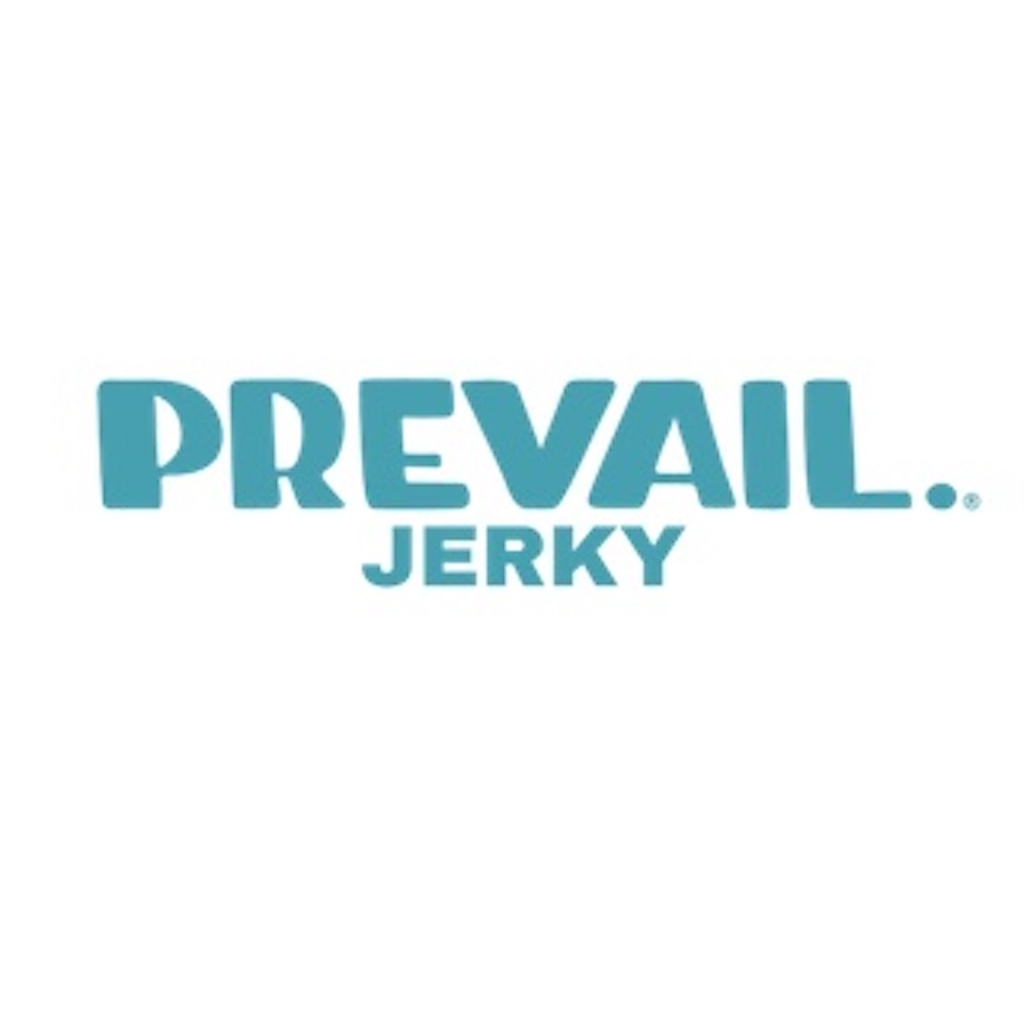
Prevail Jerky: A Delicious Snack That Doesn't Require A Single Food Preservative
Imagine enjoying a bag of flavorful and tender jerky without any concerns about allergies or additives. That's exactly what Prevail Jerky offers with its top 8 allergen-free snack. What's more, this jerky is made with all-natural ingredients, free from preservatives and food additives.
So you can savor the delicious taste of Prevail Jerky without any worries about harmful or artificial additives. Whether you're taking a quick bite on the go or settling in for an indulgent snack, Prevail Jerky is a delicious and safe choice for any allergy-conscious snack lover.
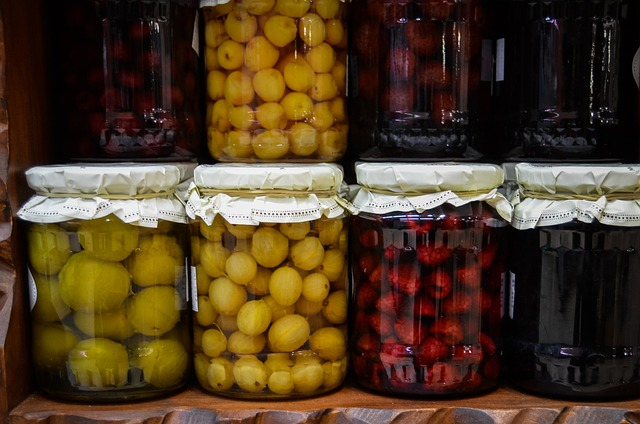
Conclusion
Preservatives are common in today’s fast-paced world. However, most of them are harmful to your health and well-being.
Fortunately, by making a few lifestyle changes, such as consuming whole foods, avoiding processed foods, and using natural preservatives, you can significantly reduce your exposure to harmful preservatives. Remember, your health is your wealth, and taking care of it should be your top priority.


